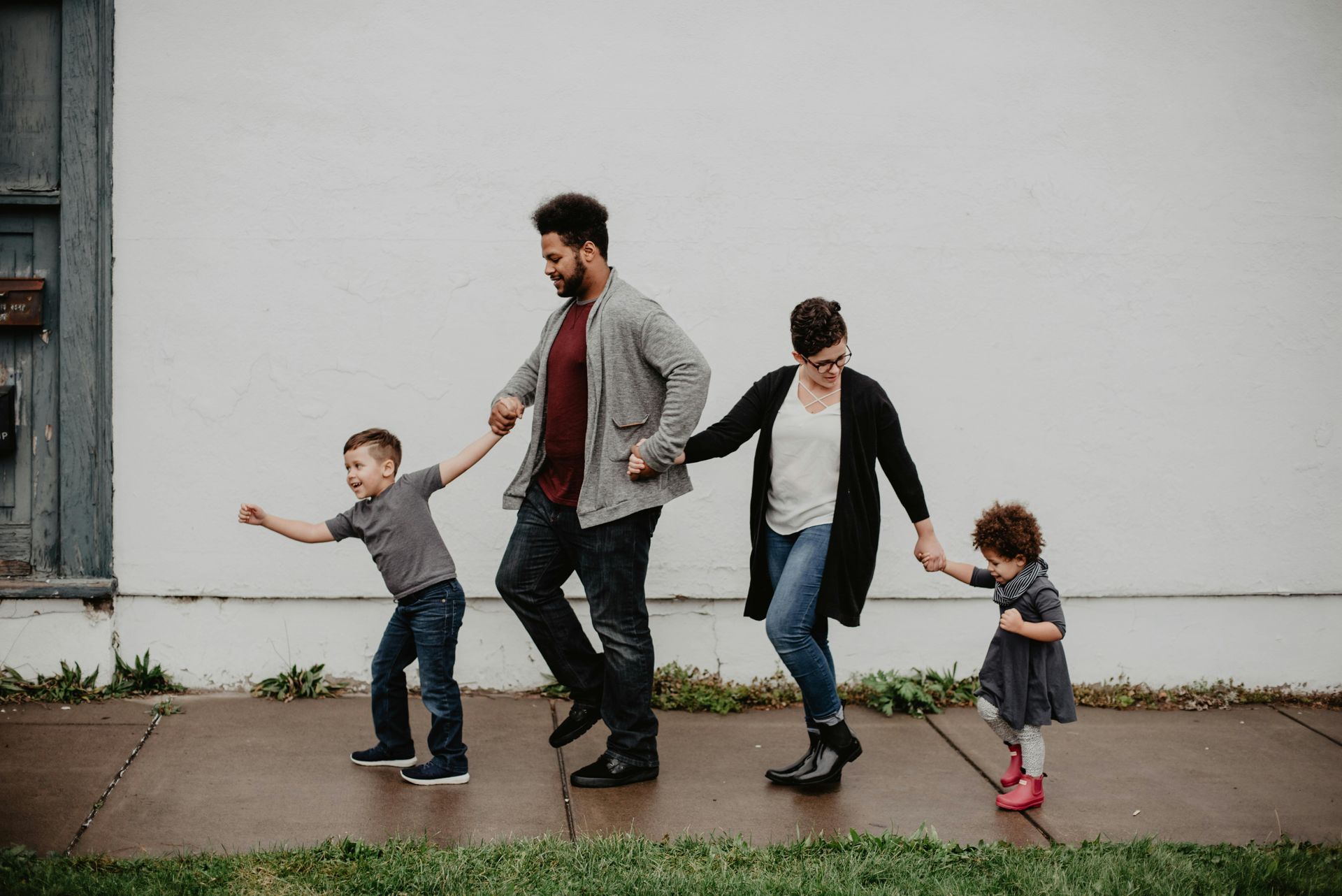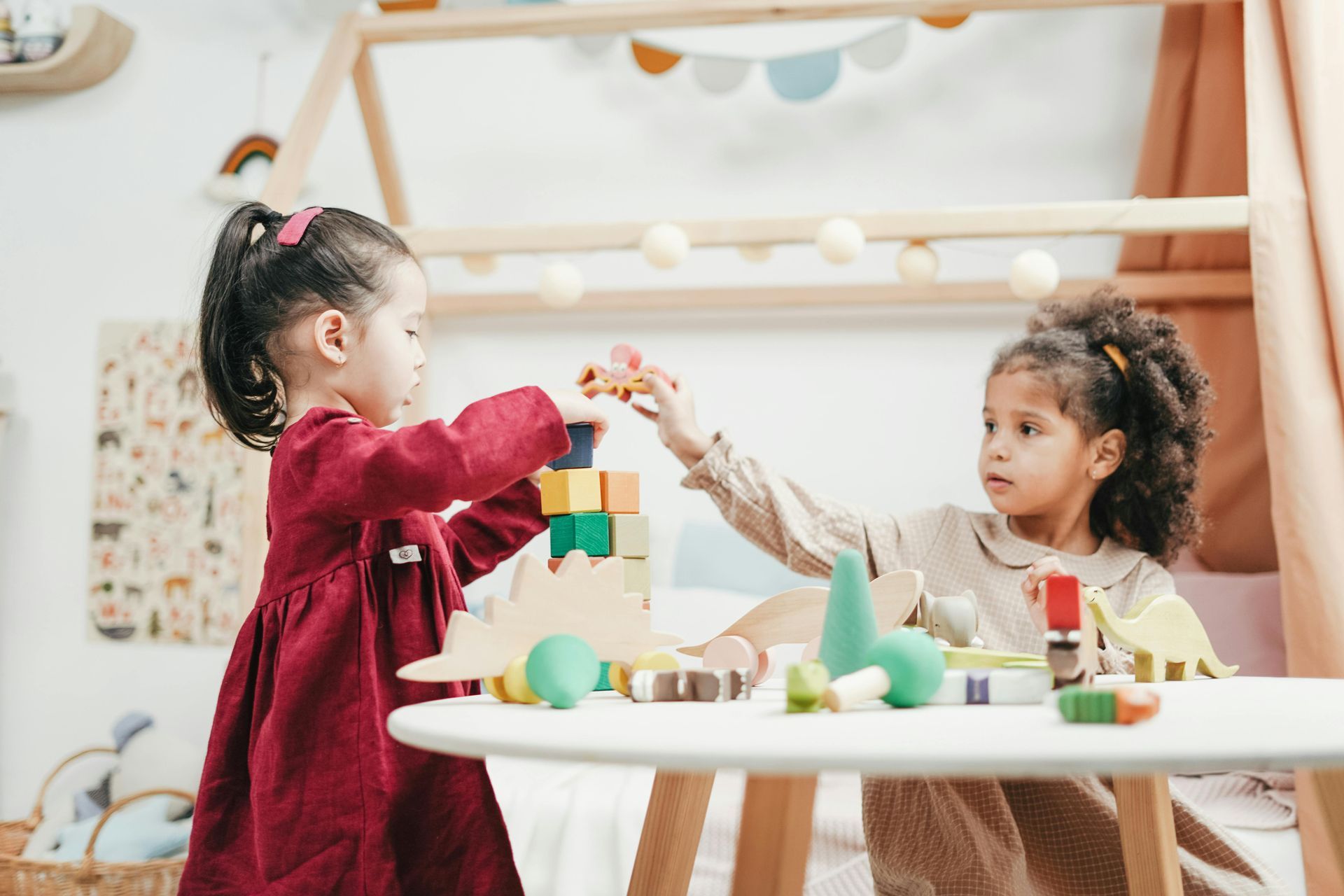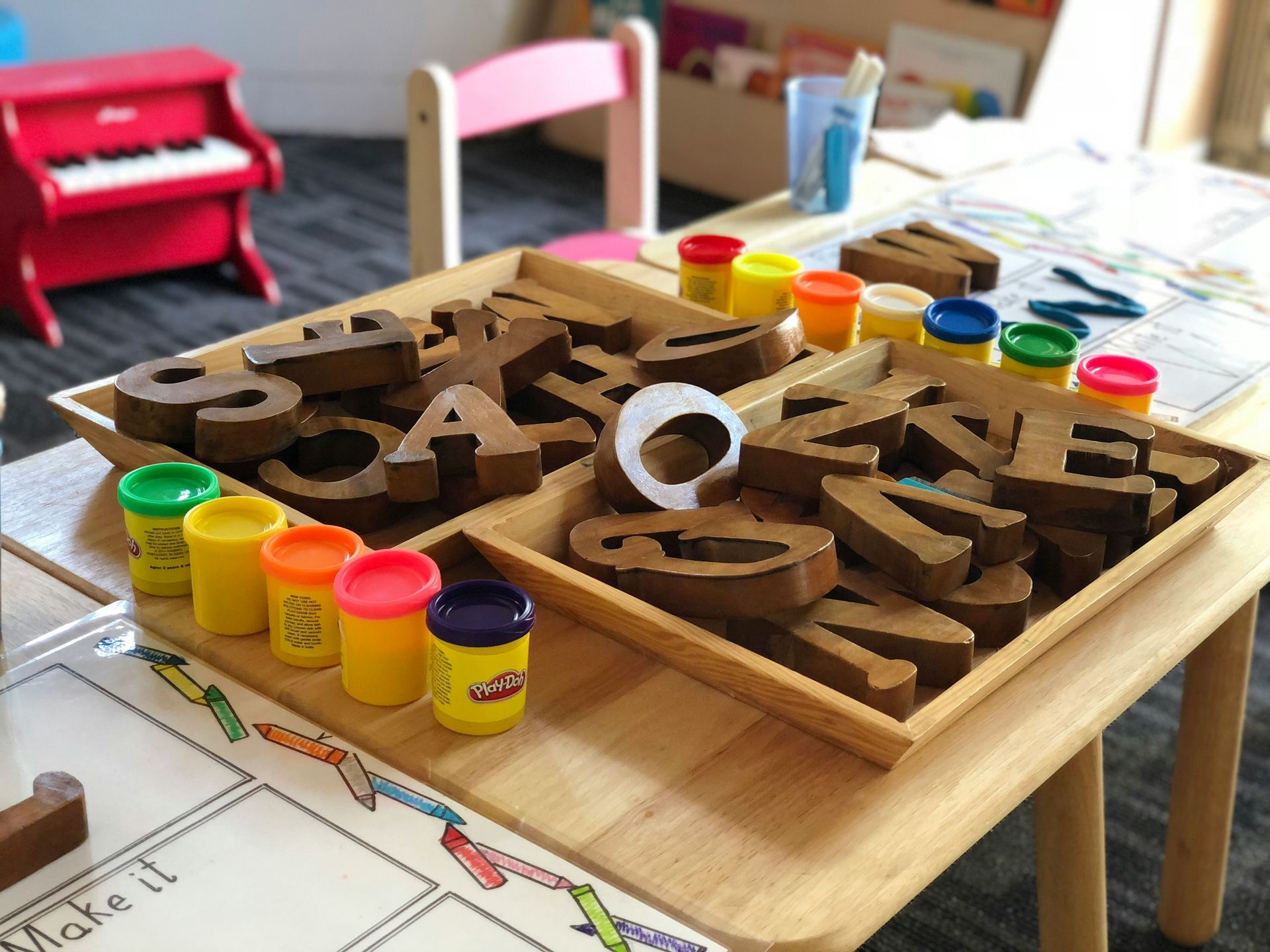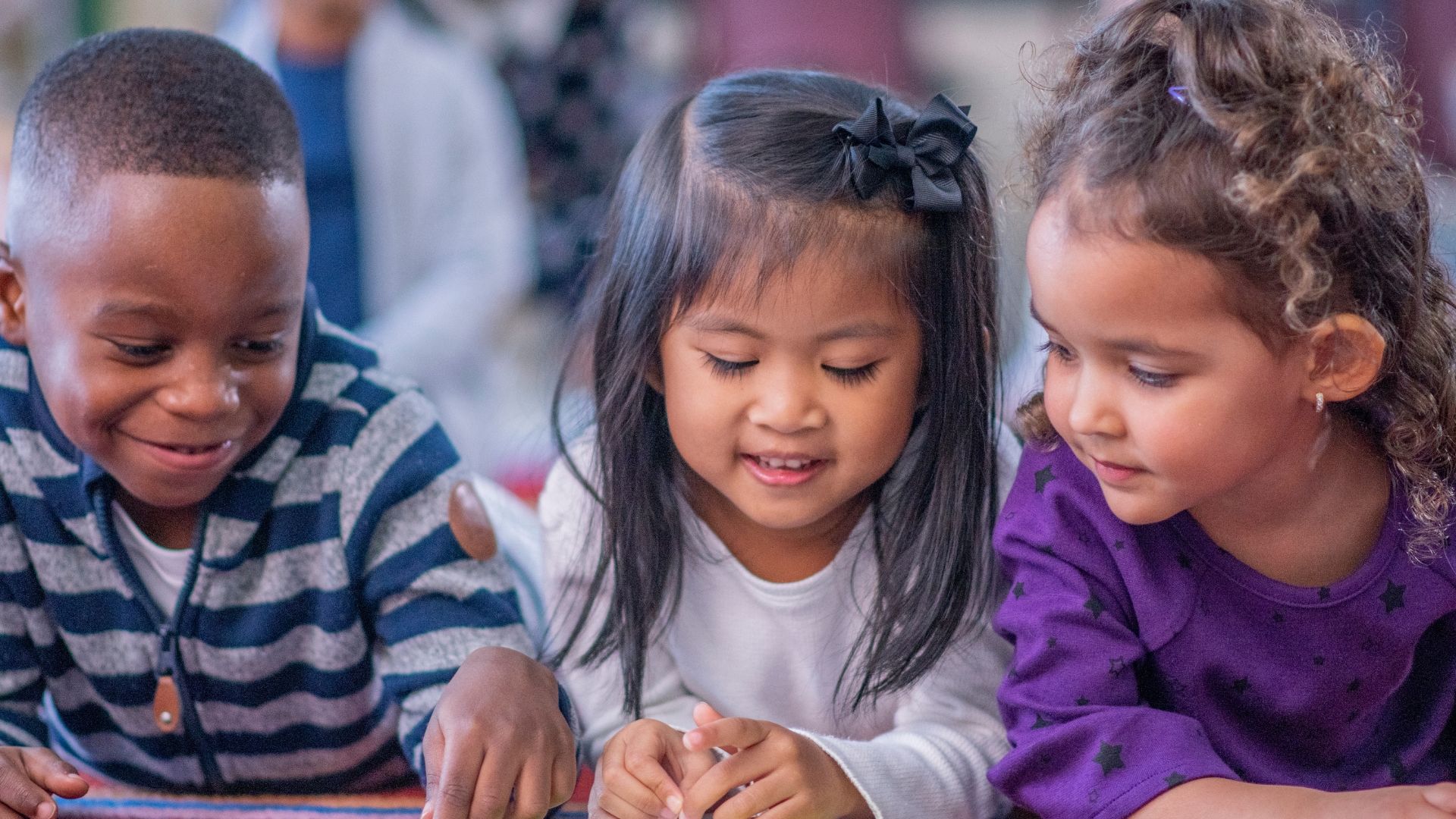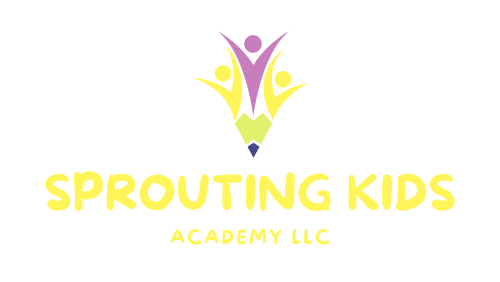Why Small Class Sizes Matter in Early Childhood Education
Personalized Attention for Lifelong Learning
Choosing the right early childhood education program for your child is one of the most important decisions a parent can make. At Sprouting Kids Academy, we believe that the size of a classroom plays a crucial role in a child’s development and learning. Small class sizes allow for more personalized attention, better student-teacher interactions, and enriched learning opportunities that set the stage for long-term academic success.
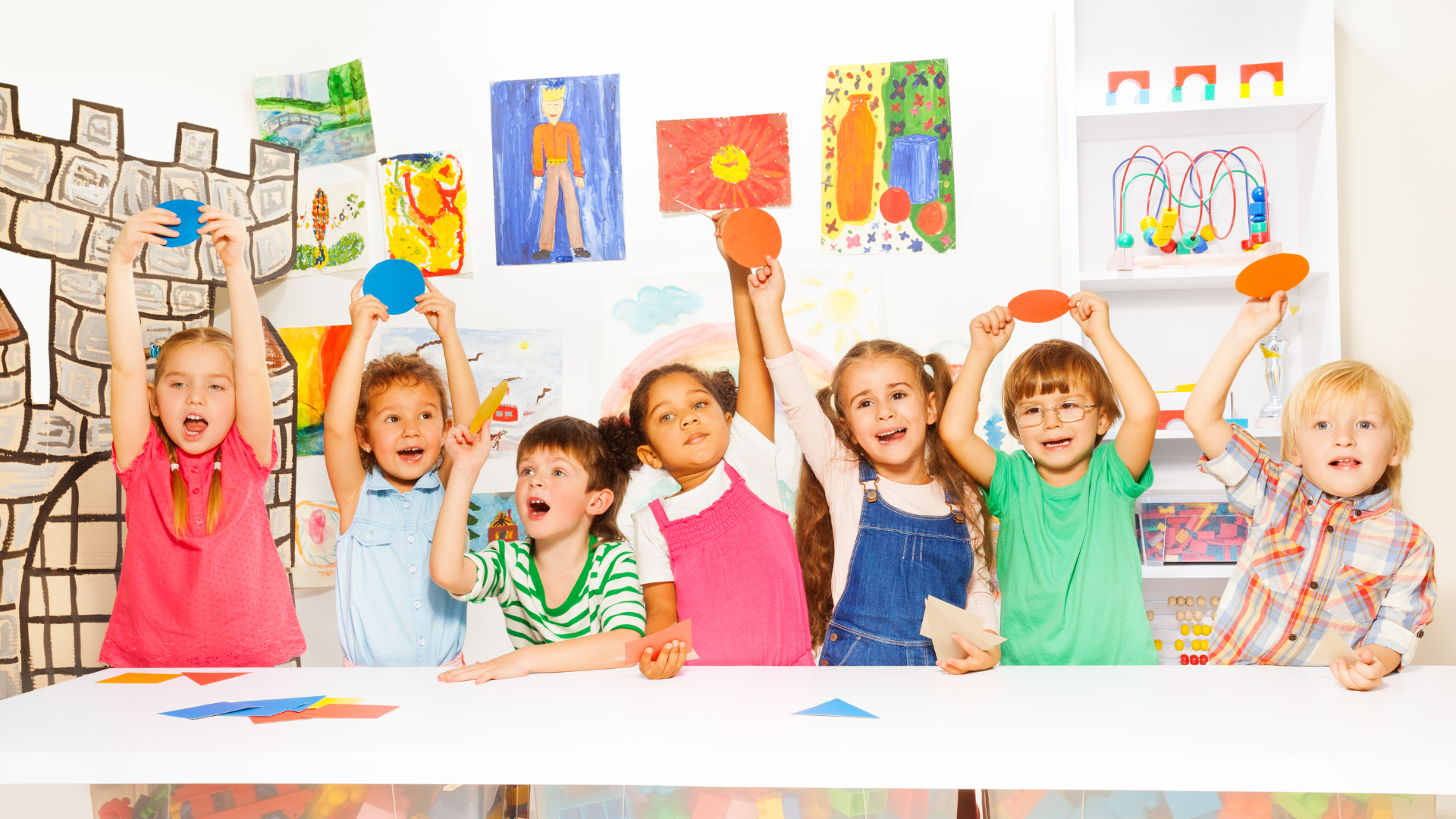
Maximizing Early Childhood Education Benefits
Here are some of the key benefits of small class sizes in early childhood education and why they matter for your child’s growth.
Personalized Attention
In a small classroom, teachers are better equipped to focus on each child’s unique needs and abilities. Every child learns differently, and in smaller class settings, educators can identify these differences more quickly and adjust their teaching styles accordingly. Whether a child needs extra help with a particular concept or more advanced challenges to stay engaged, small class sizes allow for this individualized attention. This personalized approach fosters a supportive environment where each student feels seen, heard, and understood, which is essential for building confidence and fostering a love of learning.

Stronger Student-Teacher Relationships
A close, nurturing relationship between students and teachers is crucial for young learners.
Smaller class sizes make it easier for teachers to develop meaningful relationships with each student. This bond encourages children to feel comfortable asking questions, expressing their thoughts, and actively participating in class activities. When students feel secure in their learning environment, they are more likely to take risks, experiment, and grow both academically and socially. Strong student-teacher relationships also promote emotional development, providing children with the guidance and support they need during their early years.
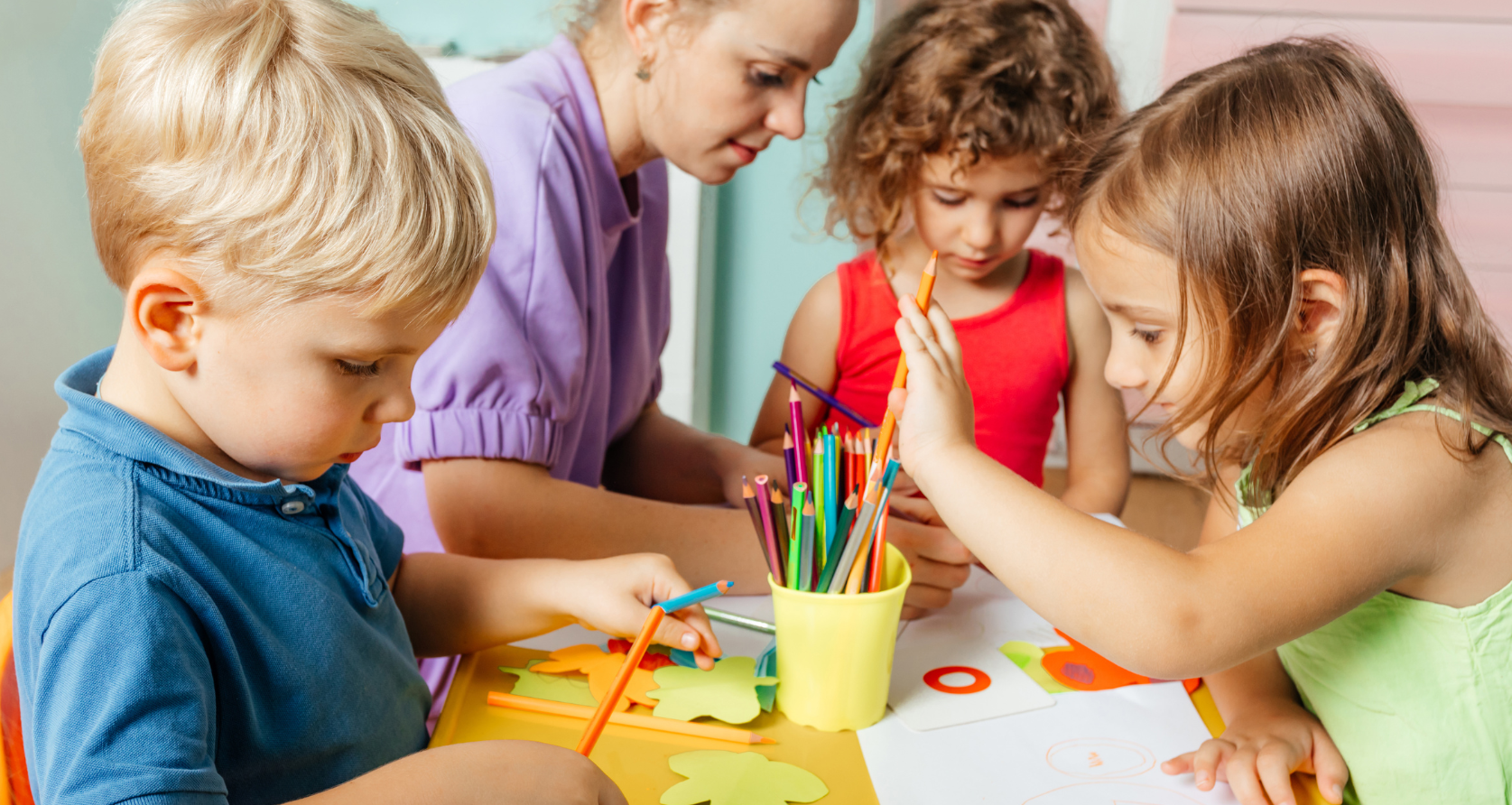
More Opportunities for Engagement and Participation
In a smaller classroom,
every student has more opportunities to participate in discussions, group activities, and hands-on learning experiences. This increased participation helps children develop essential communication and problem-solving skills that will benefit them throughout their education. Small class sizes also provide a safer space for students to explore their creativity, collaborate with their peers, and engage in critical thinking exercises. This active involvement ensures that each child remains engaged and interested in the learning process.
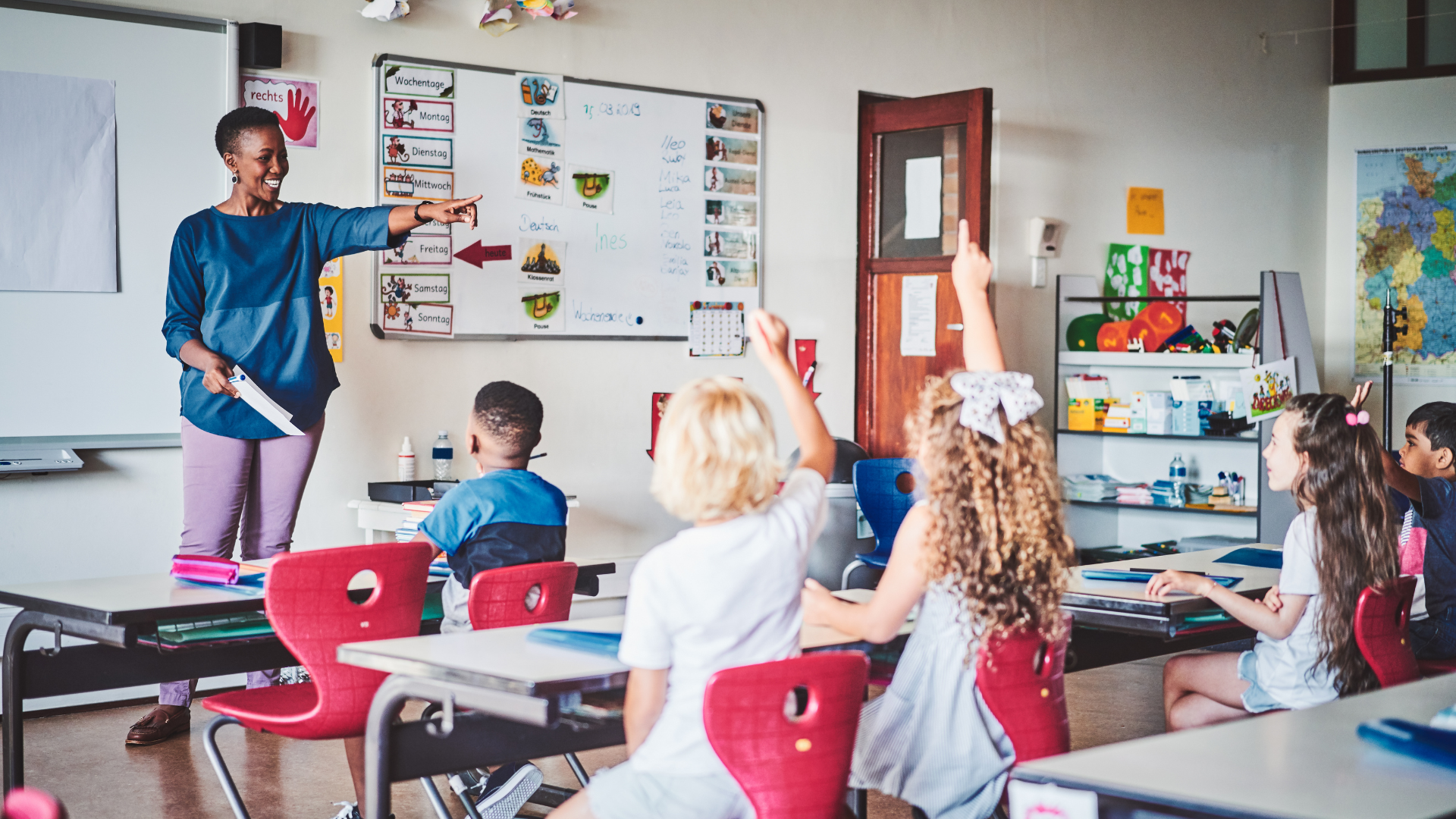
Enhanced Learning Environment
Small class sizes create a more focused and peaceful learning environment. With fewer distractions and more opportunities for one-on-one interactions, teachers can effectively manage the classroom and provide a structured setting that is conducive to learning. In this kind of environment, students are more likely to remain on task and absorb the material being taught. This structure is especially important for young children who are still developing their attention spans and learning how to navigate social interactions within a group.

Greater Flexibility in Teaching Methods
In smaller classes,
teachers have more flexibility to implement diverse teaching methods that cater to different learning styles. They can incorporate more hands-on activities, interactive lessons, and personalized learning plans that may be difficult to manage in larger settings. This adaptability ensures that all students, regardless of their preferred learning style, can grasp key concepts and excel in their studies.

Fostering a Sense of Community
Smaller class sizes often lead to a more tight-knit classroom community. Students are more likely to form closer bonds with their peers, resulting in a supportive, inclusive atmosphere where everyone feels like they belong. This sense of community is especially important during early childhood, as it helps children develop crucial social skills such as cooperation, empathy, and conflict resolution.
At Sprouting Kids Academy, we are dedicated to providing the best possible learning environment for your child, and we recognize the importance of maintaining small class sizes. Our approach ensures that each student receives the attention and support they need to thrive academically, socially, and emotionally. By prioritizing small class sizes, we create an enriched educational experience that sets the foundation for future success.
If you want to learn more about how Sprouting Kids Academy’s small class sizes can benefit your child, contact us today to schedule a visit and see the difference for yourself.


